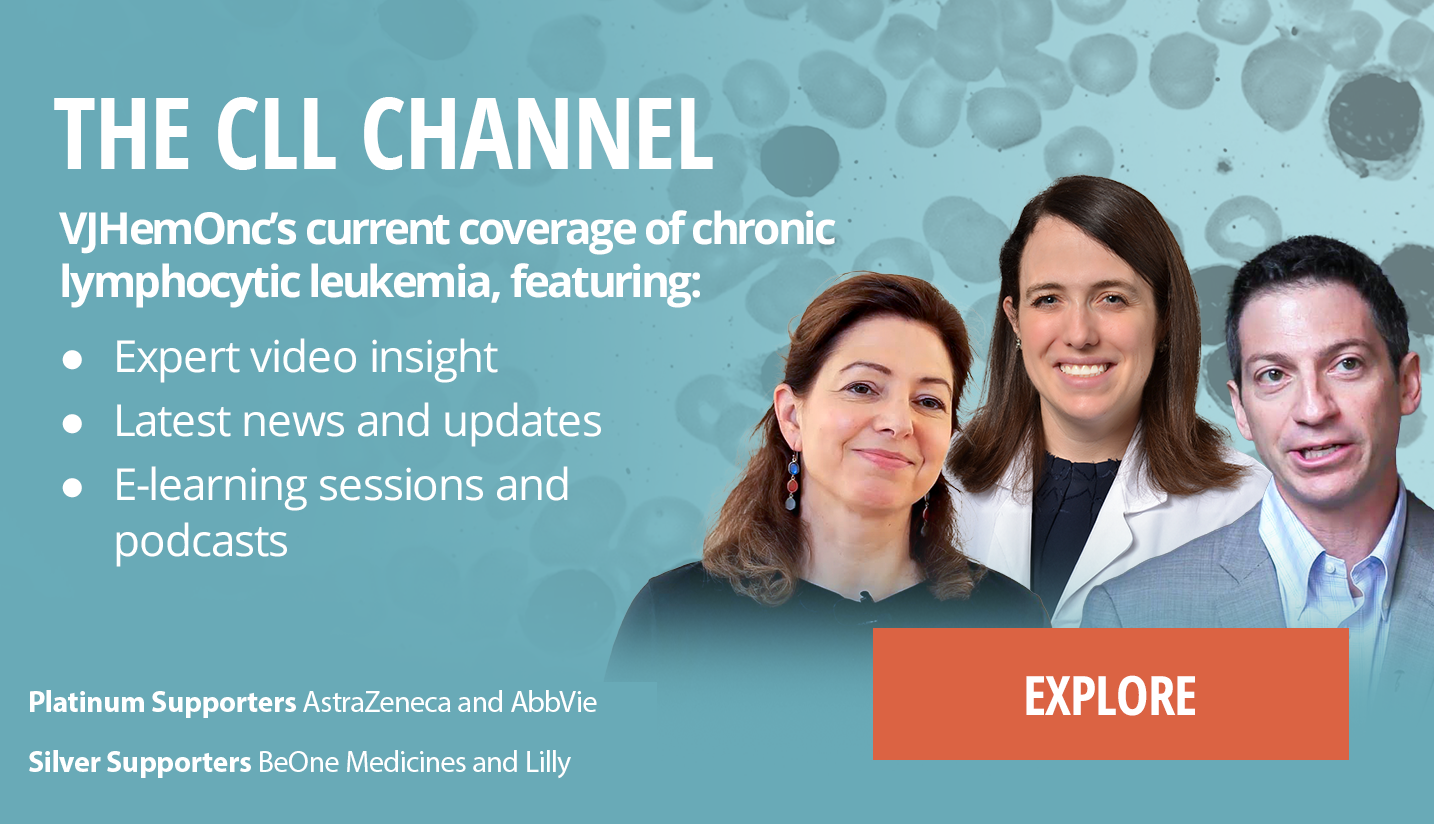I think you know patients with CLL once they get treated they continue to be followed by the CLL physicians or by the primary care physicians. And most of the time the cancer screenings and the vaccinations are taken care of by the primary care physicians but I feel like you know, as in the CLL clinic, especially when we are seeing them in the survivorship clinic, it’s important to kind of address these issues as well, because sometimes we see that it tends to get missed...
I think you know patients with CLL once they get treated they continue to be followed by the CLL physicians or by the primary care physicians. And most of the time the cancer screenings and the vaccinations are taken care of by the primary care physicians but I feel like you know, as in the CLL clinic, especially when we are seeing them in the survivorship clinic, it’s important to kind of address these issues as well, because sometimes we see that it tends to get missed. And it’s good if, you know, there are two people that are looking at these kind of things, making sure that, you know… it just takes two minutes to do these kind of reminders, like asking the patient if they get like their vaccinations like their cancer screenings and making sure that these things are followed through. We do these kind of preventive care and education in our CLL clinic at MD Anderson and it’s worked really well, and so that’s something that I would really recommend. And also, we have really outlined in a table format in our review that we recently published and it’s pretty and it’s a very concise piece of information. It gives you like when you should do the cancer screenings in the real-world in all patients and in patients with CLL, what are the specific things that you need to look at? So yeah, I think being more vigilant in this patient population is important.
This transcript is AI-generated. While we strive for accuracy, please verify this copy with the video.













